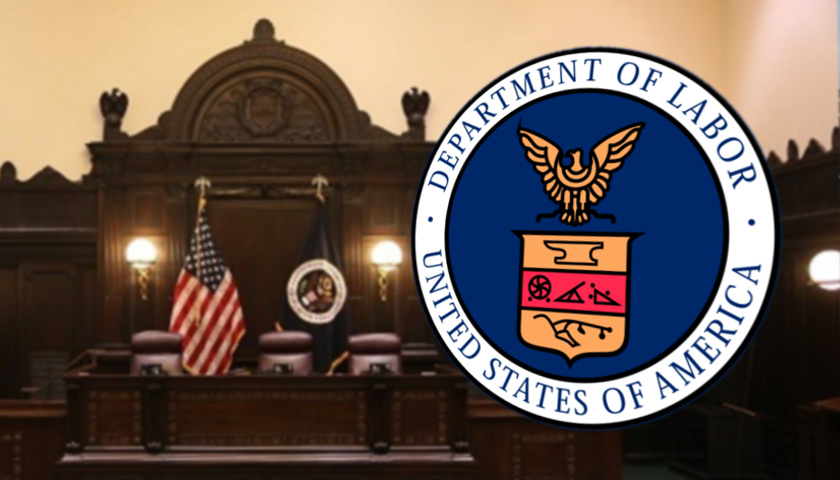By Printus LeBlanc
As many have noticed the Obama administration was very much in favor of regulations for the sake of regulations. The administration tried to regulate everything from the air in our lungs and food in our stomach, to the climate controlled by the Sun. But earlier this month, the Fifth Circuit Court of Appeals struck another blow against the abusive administrative state imposed on the American People by the previous administration and returned some sanity to the U.S.
Spurred on by the financial crisis the Department of Labor (DOL) attempted to regulate the part of the financial industry by proposing a rule in 2010. The department already had authority over employer-sponsored retirement plans under the Employee Retirement Income Security Act of 1974 (ERISA). The authority did not include Individual Retirement Accounts (IRA), which are already regulated by the IRS and SEC. The backlash caused the administration to withdraw the rule and try again five years later.
In 2015, President Obama warned the financial industry change was coming, and in April of 2016, the new rule came down under DOL. The new rule was designed to get away from the commission-based system financial services industry. The then Assistant Secretary for Employee Benefits Security Phyllis Borzi was the main driver for the rule. A quick glance of a Borzi speech and it becomes clear, the former Assistant Secretary does not like the financial services industry.
The rule would be known as the DOL Fiduciary Rule or the Best Interests Rule. The main thrust of the rule raised the fiduciary standard of brokers to Registered Investment Advisors. Brokers typically were paid on commission of sales, and the DOL believed this meant they could not be objective when giving advice. DOL believed taking commissions out of the equation would result in better financial advice. It became apparent quickly this was not going to be the case.
The DOL rule would have ended up hurting small dollar retirement savers. If someone saves a couple hundred a month for their retirement, where is the incentive for an investment firm to advise them? At the end of the year, that person or couple was able to save $1,500-$3,000, but the investment firm has a much greater liability according to the rule. The investor could come after the investment firm years later claiming the firm made the wrong investments and sue. What incentive is there to take on small dollar clients that can sue for more than they invest? None. This is not hypothetical; this is reality.
The Chamber of Commerce conducted a survey of investment firms and found some startling statistics:
- 92 percent of firms surveyed say that the rule could limit or restrict investment products for their customers, which could ultimately affect some 11 million households;
- Up to 7 million individual retirement account owners could lose access to investment advice altogether;
- A survey of insurance service providers shows 70 percent already have or are considering exiting the market for small balance IRAs and small plans, and half are preparing to raise minimum account requirements for IRAs;
- A survey of advisors finds 71 percent will stop providing advice to at least some of their current small accounts due to the risk and increased costs of the rule;
- Other surveys found that 35 percent of advisors will stop serving accounts under $25,000, and 25 percent will raise their client minimum account thresholds; and
- One large mutual fund provider reports that its number of orphaned accounts nearly doubled in the first three months of 2017, and that the average account balance in these orphan accounts is just $21,000. Further, it projects that ultimately 16 percent of the accounts it services will be orphaned this year because of the fiduciary rule.
Fortunately, thanks to the Fifth Circuit’s ruling, the rule is null and void, and investment firms need not worry. In a 2-1 decision, the court vacated the rule “in toto,” noting the DOL’s new definition of fiduciary was did not fit with the text of ERISA and the IRS code. The court also found the rule’s new definitions were unreasonable.
The Obama administration tried to literally regulate everything under the sun. This is a small victory for free market capitalism, but the fight is not over. The DOL has not shown it is going to fight the ruling, and it should not. All agencies across the federal government should continue to roll back abusive regulations, and Congress should act to ensure future abusive administrations cannot overregulate people’s lives. This is a two-front battle, the executive branch, and the legislative branch; Congress needs to step up.
– – –
Printus LeBlanc is a contributing editor at Americans for Limited Government.





